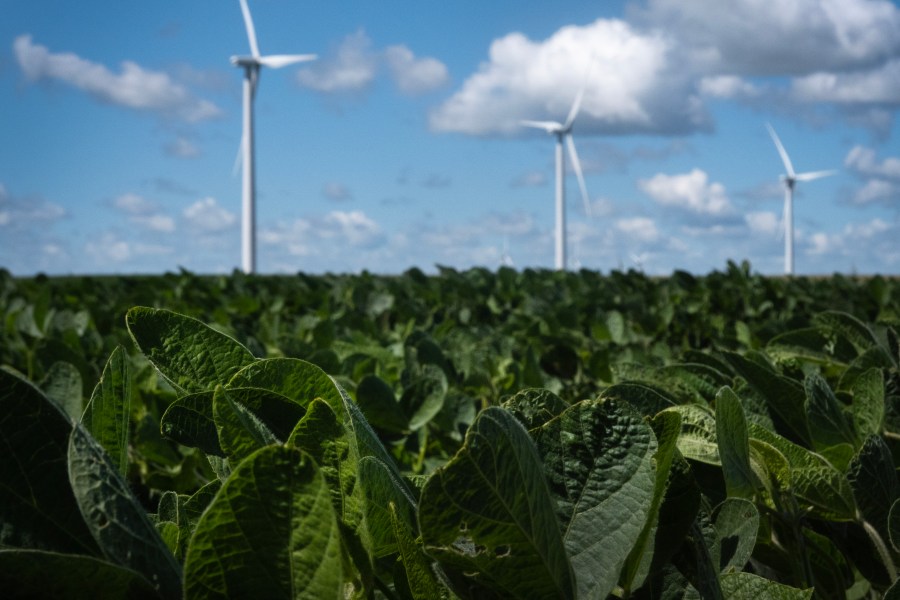(NewsNation) — With President-elect Donald Trump returning to the White House, his promise of increased tariffs is becoming closer to reality.
On the campaign trail, Trump proposed at least a 10% tariff on all goods entering the U.S., with a 60% tariff on all imports from China. While these costs are attached to goods being imported to the country, they will likely also affect exports.
During Trump’s first term, a trade war over tariffs with China impacted key American crops, like soybeans and corn. The USDA said the dispute led to more than $27 billion in U.S. agricultural losses.
Donald Trump’s new administration: Who has he chosen so far?
Farmers Ted Winter and John Fleming joined NewsNation’s “Morning in America” on Friday to share how these tariffs could impact the farming community and agriculture in the U.S.
Winter, a Minnesota farmer and member of the Minnesota Farmers Union Executive Committee, said the tariff would impact farmers by reducing the amount of export sales they have to China and other parts of the world.
“That will impact our income and our bottom line for our farmers and our families,” Winter said. “We need all the income we can right now because we’re still suffering from the tariffs that were put on in his last term.
Fleming, a North Carolina farmer and director of the American Soybean Association, agreed with Winter, saying farmers could lose about 14 to 16 million metric tons of soy export to China if the retaliatory tariffs were reinstated.
“We can look for other markets but there are no buyers in the marketplace big enough to absorb that volume,” Fleming said.
Here’s what a Trump presidency could mean for Social Security
During the first Trump administration, Fleming said the American Soybean Association did recognize that soybean farmers were impacted by the tariffs and issued some tariff offsets to farmers that were helpful. However, Fleming said they are hoping they don’t have to go down that road again.
President Joe Biden kept most of Trump’s China tariffs in place and increased them on China’s electric cars and solar panels.
Last year, U.S. soybean exports to China fell to around 26.4 million metric tons, which was down from 36.1 million in 2016.
Winter said they haven’t been able to regain the market and have lost more in the process since.
“China went to other places to buy their needs,” Winter said.
He continued, “If we can be in good trade relationships with China, and they buy our products, that gives us a market to move our crops into the marketplace. We don’t need to have tariffs put on or increased by anyone.”
